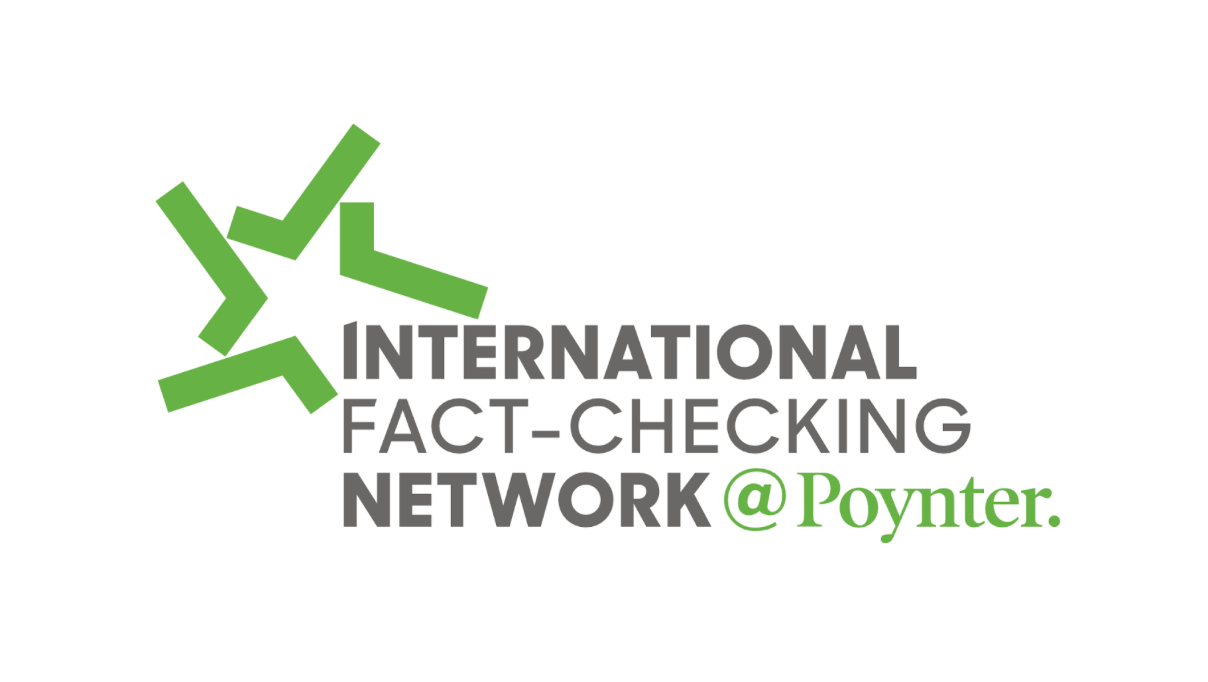I’m fascinated by the subject of trust because I think it is critically important for individuals and organizations. Clearly, we place great value on talent — among bosses and employees alike. But I believe trust is the “killer app” that supercharges talent.
With a combination of talent and trust:
- Bosses enjoy the respect of their staff and are more likely to get the best from them.
- People with no formal leadership role build their influence in organizations.
- Staff members work collegially and build success.
How do great bosses build trust in the workplace? It starts with their own behaviors. I’ve written before about what bosses can do to build their personal capital with staff, identifying 10 trust-building actions.
But it takes more than being a trustworthy leader. You have to infuse trust into the culture of your workplace. You do that in several ways:
- Hiring and training for excellence, so staffers can have confidence in the quality of their colleagues’ work.
- Making it clear that the values of integrity and empathy are important in your organization, so staffers know that talent, while important, isn’t the sole measure of success.
- Holding people accountable with clear standards, so people believe you act fairly when correcting underperformance related to either talent or trust.
Social scientists who study trust in organizations report that it grows in stages.
Stage one starts with what’s called “deterrence-based” or “calculated” trust between individuals. This is the lowest level of trust, based on the simple calculation that one person can trust another because there are rules in place to keep us honest, and it is in everyone’s best interest to do the right thing. The punishment for a breach of trust outweighs any benefit. From the management standpoint, that means there are clear rules and guidelines for performance, and people know the consequences.
But it’s not a very attractive basis for trust if I trust you only because of rule enforcement and because you are unlikely to get away with doing the wrong thing.
The next level of trust is called “knowledge based” trust. Here’s how it works: I’ve come to know you pretty well and that knowledge helps me interpret your actions. I know your strengths and weaknesses, likes and dislikes, your habits and pressures. Because I understand you, I’m unlikely to misread you and, in fact, I can predict you pretty well. That ability to predict builds my trust. As an example, if I know you forget names easily, or you’re a not morning person, or you have dry sense of humor — my understanding keeps me from misinterpreting you and it builds my trust.
There’s a higher level of trust and I really like this one. It’s called “identification-based” trust. At this level, I don’t simply know you; I feel we share the same goals and values. We’d give similar answers to important questions. We could stand in for each other in a situation requiring critical decisions. We might not always agree, but if I couldn’t be at a meeting, you’d make my case as well as yours — and I could trust that you would represent me accurately and fairly.
Great bosses build cultures where identification-based trust is the norm. Some managers are fortunate to inherit a team where trust is already deep. But that’s not always the case. If you want to make trust-building a priority, you could have a conversation with your team that lets them share their thoughts about trust.
I’ve built a trust inventory to help you do this. You are welcome to use it in your workplace. You could share it at a team meeting or retreat and have people work in pairs or teams to respond, discuss and report out their observations.
I suggest you run this past a few trusted employees (you know, the ones who have built influence in the organization) for their input first. Their insights could help you avoid unforeseen problems and improve the quality of any conversation you develop.
This conversation about trust may be taking place at a time when your staff has been downsized or taken pay cuts, and you might be wondering if their feelings about your company could color their responses. In today’s three-minute podcast “What Great Bosses Know about Building Trust,” I’ll tell you why I think you shouldn’t let that get in your way.
Poynter’s “What Great Bosses Know” podcast is sponsored by The City University of New York Graduate School of Journalism. You can download a complete series of these podcasts free on iTunesU. Poynter’s leadership and management expert Jill Geisler shares practical information on leadership and management that’s valuable for bosses in newsrooms and all walks of life.






